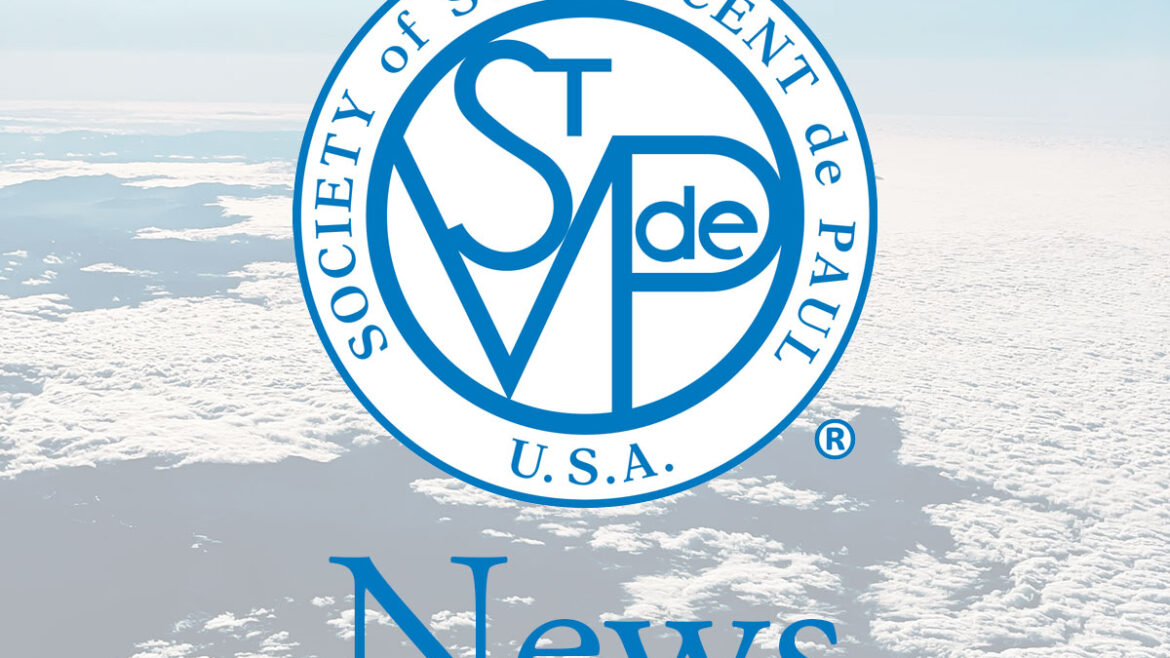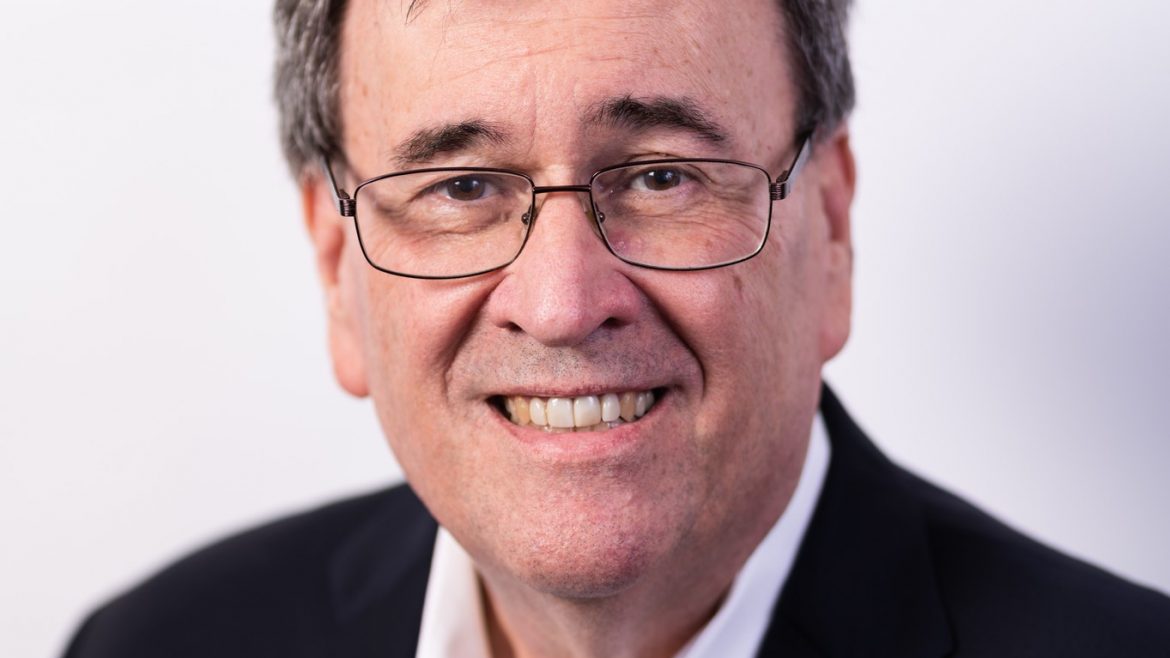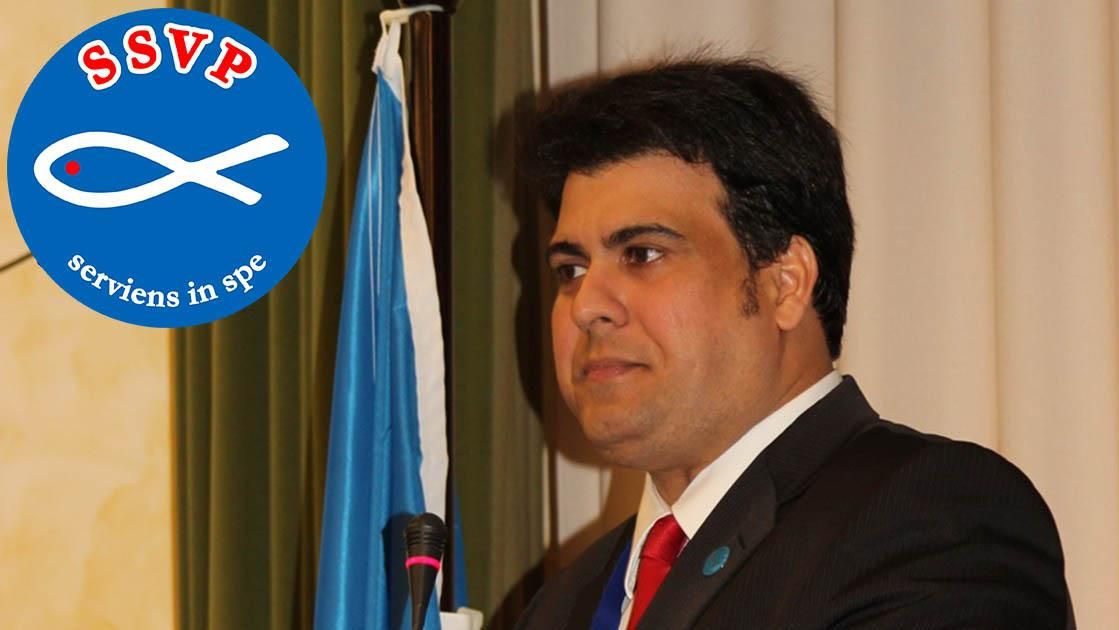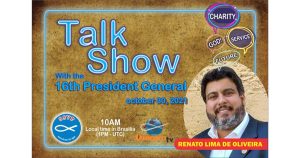With 100,000 Vincentians across the United States and nearly 800,000 around the world, the Society of St. Vincent de Paul provides person-to-person service to those who are needy and suffering. Read some of their stories here:
INTERNATIONAL:
- AUSTRALIA: Scouts Tasmania and St Vincent de Paul Society team up for recycling cause
- IRELAND: ‘People are in dire need of assistance’: St Vincent De Paul helping thousands of Cork families
NATIONAL:
- DAYTON, OH: Homeless Shelters prepare for winter. ‘It’s the simple things that you miss.’
- EUGENE, OR: Checking in on how the first safe sleep sites are operating in Eugene
- LOUISVILLE, KY: St. Vincent de Paul inviting companies to take part in gift tree program
- NEW ORLEANS, LA: New Orleans shelter moves to new location after 6 decades
- TAMPA BAY, FL: Tampa Bay housing partnerships create affordable living amid historic rent surge
Help us share the good news of the good work being done in your local Conference or Council! Email us at info@svdpusa.org with the subject line Good News.








